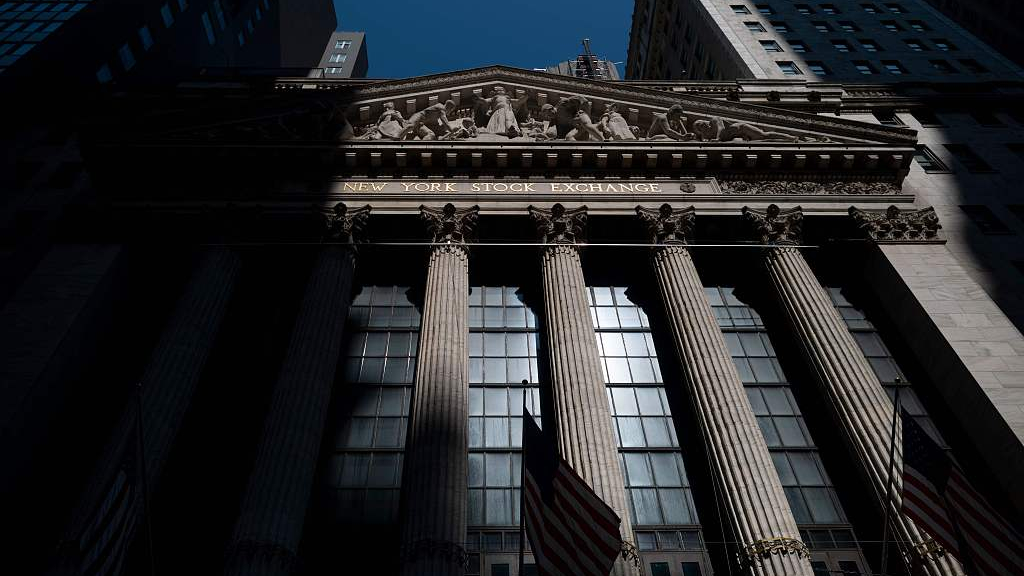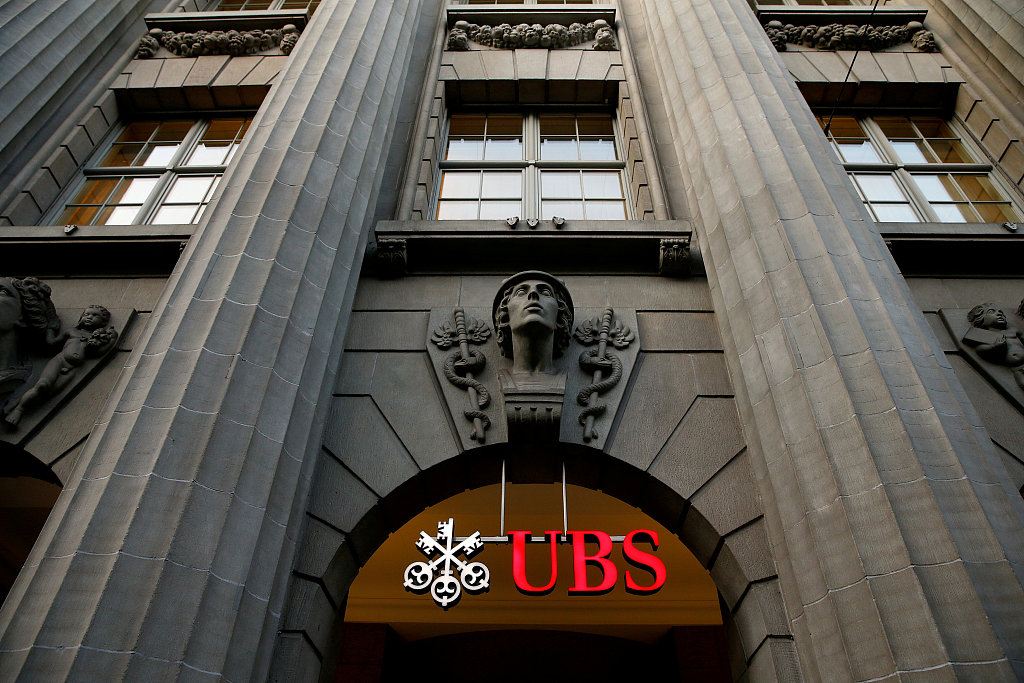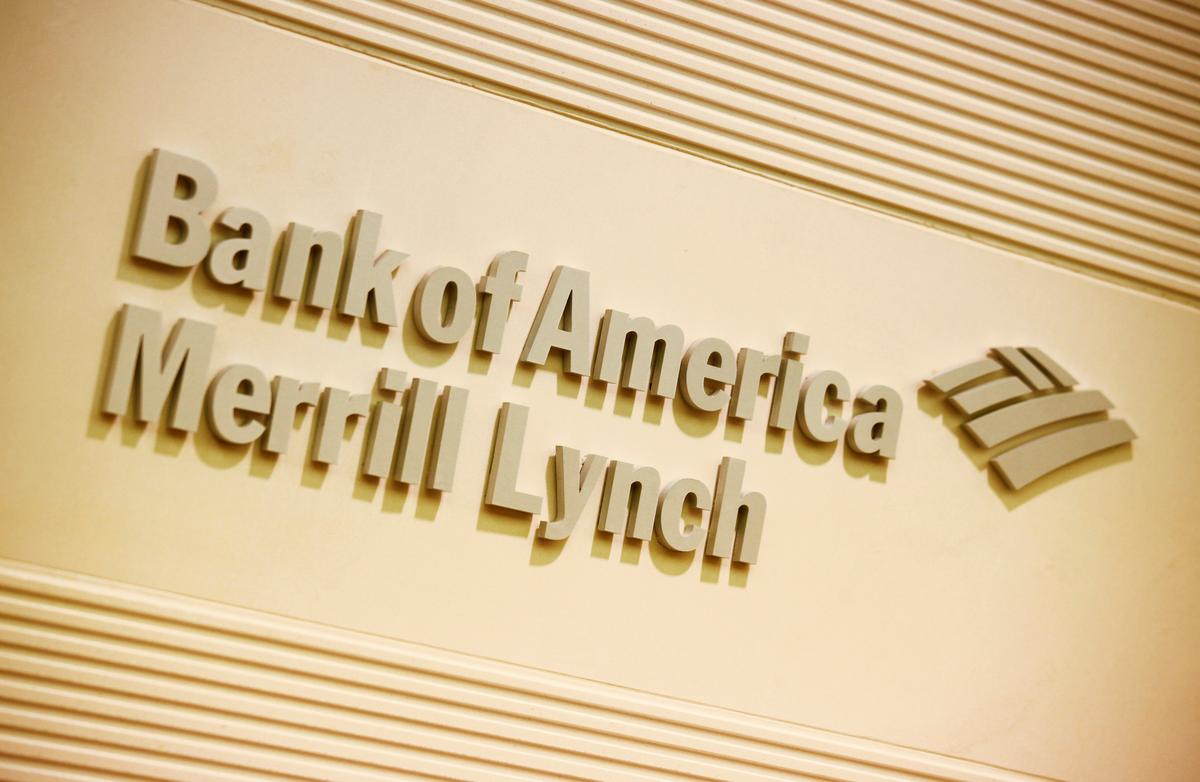

Economists and analysts have cautioned that Washington's intention to slap fresh tariffs on Chinese imports would batter investment and consumer spending.
U.S. President Donald Trump tweeted on Thursday that he will place an additional 10 percent tariffs on the remaining 300 billion U.S. dollars' worth of Chinese imports effective on September 1.
UBS: Trump's announcement created additional downward pressure on business
"Trump's announcement will only serve to create additional downward pressure on business confidence," said a group of investment strategists at Swiss investment bank UBS on Friday.
"The uncertainty created by the trade disputes has been weighing on business investment spending, which turned negative during the second quarter," they noted in a research report. "If businesses stop hiring, this would greatly increase the risk of a recession."
The analysts also pointed out that the White House's new tariffs plan could deteriorate the global manufacturing sector.
The report cited the U.S. Institute for Supply Management (ISM) manufacturing index, which fell to 51.2 in July from June's 51.7, marking the lowest reading since August 2016, with many respondents mentioning tariffs as a negative factor for their business.
Moreover, the new tariffs would cause most businesses to "worry about the possibility of that (tariff) rate rising again in the future," although they should be able to survive this time, the UBS report said.

The logo of Swiss bank UBS is seen at the company's headquarters in Zurich, February 10, 2015. /VCG Photo
New tariffs on China = 30 billion U.S. dollars tax on U.S. consumers
The report also said U.S. consumers could be another major hit, which would put a damper on the country's economic growth.
If implemented, these proposed tariffs would be translated into an approximately 30 billion dollars tax on U.S. consumers, or 0.15 percent of U.S. GDP, according to the UBS report.
BofA: Proposed tariffs will target consumer goods and confidence
In this regard, senior economists at the Bank of America (BofA) Merrill Lynch Global Research noted on Friday that the threat of the 10 percent tariffs on Chinese imports would raise uncertainty and depress growth, and the caprices of this administration's trade policy have made forecasting economic growth "ever more difficult."
"Our big concern with the latest round of tariffs is that they will target consumer goods," they said in a BofA Merrill Lynch Global Research report.

The company logo of the Bank of America and Merrill Lynch is displayed at its office in Hong Kong, March 8, 2013. /Reuters Photo
Although some tariffs would be absorbed by corporate profit margins, retailers "will look to 'share' this tax with consumers, attempting to increase prices," the report said.
"Consumer confidence presumably would be hit. And we will see if consumers actually change their spending behavior. If consumers cut back, we are in for a much more difficult path for growth," it stressed.
If the tariffs take effect, there may be "visible price increases in popular goods" imported from China with "political risk to the Trump Administration," said Steve Englander, head of both G10 FX Research and North America Macro Strategy at Standard Chartered.
Tariffs proposal to make the Federal Reserve ease further?
The veteran researcher also mentioned in a note to clients on Thursday that the proposed tariffs have raised a question for investors that whether this is the first step in a series of escalations or a negotiating stance that make the Federal Reserve to ease.
That question emerges as the U.S. Central Bank made it clear on Wednesday that trade worries have played a key role in the Federal Reserve's decision to ease and in assessing risks ahead, Englander added.
The Federal Reserve has conveyed through its monetary policy on Wednesday that it will use its tools to "insure" against downside risks from weak global growth and trade policy uncertainty.
Thus, economists at the BofA Merrill Lynch Global Research voiced grave angst over "an adverse feedback loop where the trade war hinders economic growth, therefore prompting additional Fed easing, which in turn allows for greater trade escalation."

Copyright © 2018 CGTN. Beijing ICP prepared NO.16065310-3
Copyright © 2018 CGTN. Beijing ICP prepared NO.16065310-3